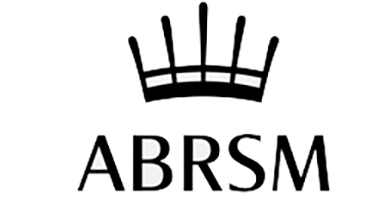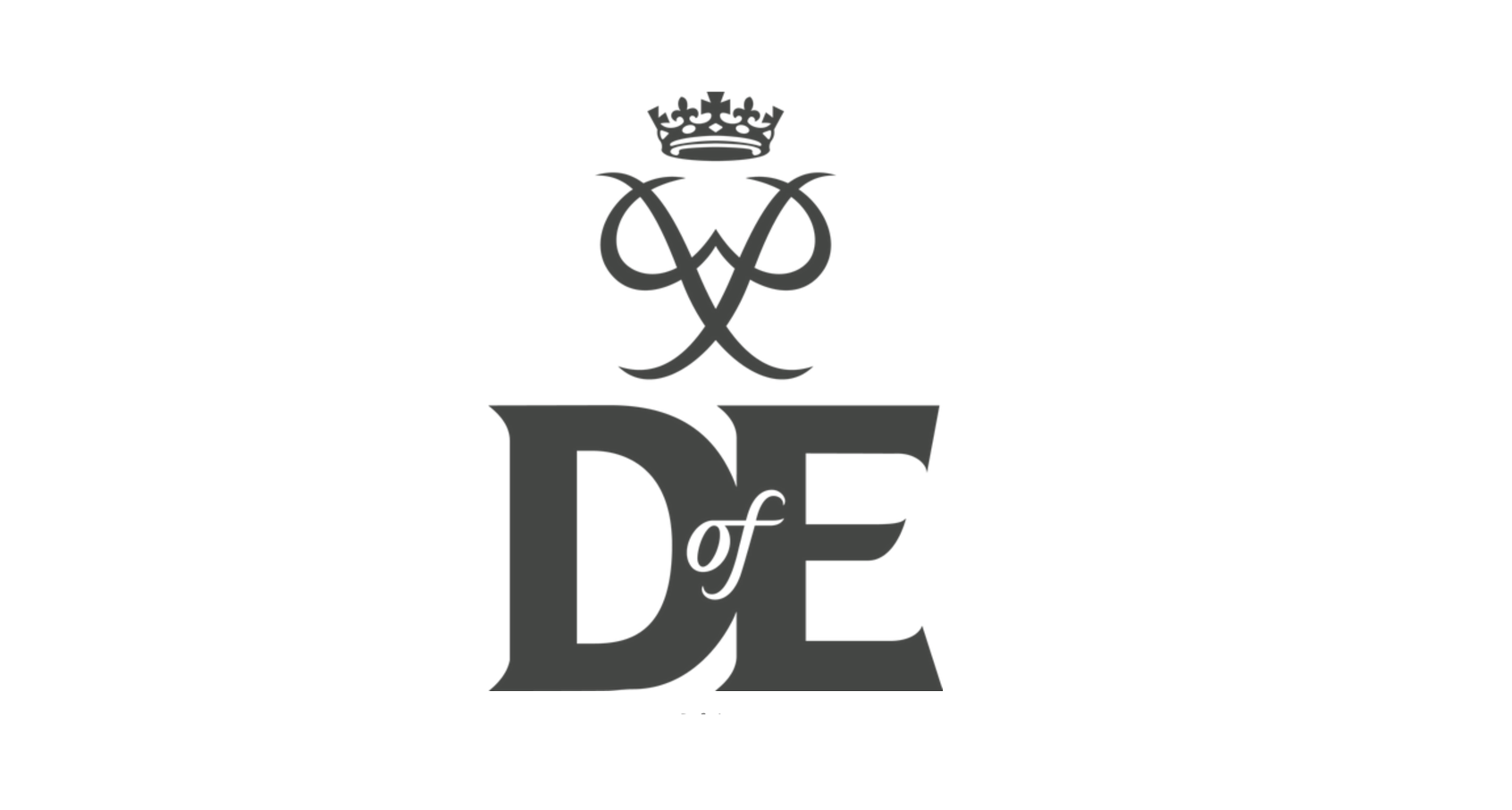IB Diploma Programme
The Canadian School of Milan offers the International Baccalaureate (IB) Diploma Programme in the final two years of Senior School. This globally recognised and highly respected qualification provides students with a well-rounded, academically rigorous education. Renowned as the gold standard in international education, the IB Diploma equips students with the critical thinking, research, and communication skills needed to succeed at top universities worldwide.
IB Mission Statement
The International Baccalaureate® aims to develop inquiring, knowledgeable and caring young people who help to create a better and more peaceful world through intercultural understanding and respect.
To achieve this vision, the IB collaborates with schools, governments, and global organisations to deliver academically challenging programmes supported by robust assessment practices. These programmes are designed to cultivate thoughtful, engaged, and empathetic learners who appreciate diverse perspectives and recognise that multiple viewpoints can coexist.
The IB Programme
The IB Diploma Programme is a broad base two-year course, requiring study in six subject areas, including a study of:
- Literature in a (near)native language,
- Modern foreign language
- Mathematics
- Individual & Societies
- Sciences
- an optional Arts subject
In addition, students participate in a Creativity, Action, Service programme, write a 5000-word Extended Essay, researching a topic of their choice, and follow a core critical thinking program ‘Theory of Knowledge’ (TOK). Students work towards gaining the highest number of points in order to enter the university of their choice, both in Italy and abroad. Students will be encouraged to develop personal qualities and academic approaches that will not only support their transition to university or employment, but also prepare them to navigate the complexities of an ever-evolving world. There is a strong system of academic mentoring led by homeroom and subject teachers.. Together, they ensure that every student can study with clarity and purpose, aiming to achieve the grades needed for their chosen university courses and to pursue the career paths they aspire to.
IB Learner Profile
The IB Learner Profile reflects this mission in action—it outlines the attributes students are encouraged to develop throughout their educational journey. More than just a list of qualities, the Learner Profile serves as a guiding framework for schools and educators, shaping teaching and learning around shared values and a unified educational philosophy.
Creativity, Activity, Service
Creativity, Activity, and Service (CAS) is a core component of the IB Diploma Programme at CSM, working alongside Theory of Knowledge (TOK) and the Extended Essay (EE). CAS is designed to extend student learning beyond academic subjects, encouraging personal growth, initiative, and an awareness of the world around them. Throughout the 18-month CAS journey, students engage in experiences aligned with their interests and values. Each student also takes on a collaborative CAS project and participates in meaningful service work that addresses real community needs. CAS is not assessed formally, but fulfilling its requirements is essential to receive the IB Diploma.
Students are expected to maintain an online portfolio using ManageBac, documenting their reflections, goals, and evidence. CAS Advisors and the CAS Coordinator monitor each student’s progress and support them in achieving the seven CAS learning outcomes. CAS is structured around three interconnected areas:
-
Creativity: Engagement in the arts and other pursuits that involve original thinking and creative expression..
Examples: Music composition, drama performance, filmmaking, coding, photography, or creative writing. -
Activity: Participation in physical activities that support a balanced and healthy lifestyle. Examples: team sports, personal fitness goals, dance, outdoor expeditions, martial arts.
-
Service: Voluntary, unpaid involvement in initiatives that benefit others and provide meaningful learning experiences for the student. Examples: volunteering, organising a charity event, peer mentoring, supporting local NGOs.
At the start of each academic year, we proudly host the CAS Fair to introduce Grade 11 students and their families to a wide variety of volunteering opportunities connected to the Service strand of the CAS programme. The event brings together an inspiring group of local and international organisations, each presenting meaningful ways for students to engage with their communities. The energy, enthusiasm, and generosity of the participants make the fair a true highlight of the school year.
Some of the ongoing CAS opportunities available to students throughout the year include:
- Participating in Model United Nations (MUN)
- Collecting food and essential items for local charities
- Tutoring younger students
- Contributing to school plays and concerts
- Participate in a humanitarian trip organised by CSM
- Joining an co-curricular club and/or take lessons to learn a new skill
These experiences allow students to engage meaningfully with their community, develop leadership and collaboration skills, and fulfil the Creativity, Activity, and Service components of the CAS programme.
"..It made me realise how powerful human connection can be, even when language and culture are different. I was struck by how welcoming and kind everyone was, despite having so little. It made me reflect on how much we take for granted in our daily lives and how happiness isn’t tied to material things." Valentina, Grade 12





